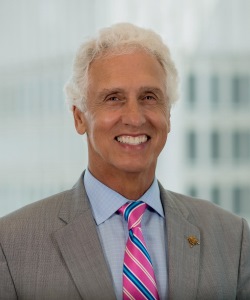Our Offices: Philadelphia, PA Moorestown, NJ

This is a question that has been asked a lot lately due to OJ’s recent passing. The answer is yes. Here’s how.
Orenthal James Simpson was found not guilty of the murders of Nicole Brown Simpson and Ronald Goldman on October 3, 1995. Since that date, many discussions have been had regarding whether or not he was properly acquitted, with many believing he was in fact guilty. Of course, writing a book titled, “If I Did It: Confessions of the Killer” did not help. As we know, this was not Mr. Simpson’s last time in court for those murders, however. Later, on February 4, 1997, Simpson was found to be civilly liable for the same murders.
Now, some of you may be thinking, “isn’t that double jeopardy?” No.
Double jeopardy means that once a person has been acquitted of criminal charges, they cannot be prosecuted for those same charges again. However, he was not prosecuted twice. His second trial was a civil trial for wrongful death. How is a civil trial different from a criminal one?
In criminal cases, the defendant either pleads or is found guilty and sentence, or he is acquitted and is free to go. In order to be found guilty, a jury must believe the defendant is guilty as charged beyond a reasonable doubt. The Cornell Law School Legal Information Institute defines this as the prosecution must convince the jury that “there is no other reasonable explanation based on the evidence displayed at trial.” However, in civil cases, for example motor vehicle accidents, slip and falls, medical malpractice, or wrongful death cases, the defendant is either found liable (and has to pay the plaintiff and sometimes there is other relief) or he is found not liable. In order for the defendant to be found liable, the jury must believe, by a preponderance of the evidence that he or she is responsible. In other words, the jury must believe the defendant was more likely than not liable for the plaintiff’s injuries. This is a lower burden of proof, which the Cornell Law School Legal Information Institute defines as “demonstrating that the assertion is more likely true than not true.”
Although the jury in Simpson’s criminal case was not convinced that there was no other reasonable explanation based on the evidence presented by the prosecution that he committed the homicides, the jury in his wrongful death case believed it was more likely true than not true that Simpson was liable for the deaths of Nicole Brown Simpson and Ronald Goldman. And this is why although he was not sent to prison, he was still required to pay.












